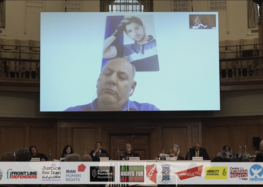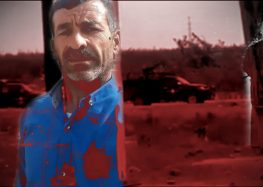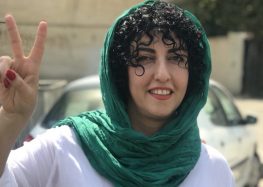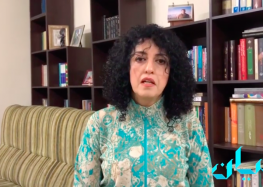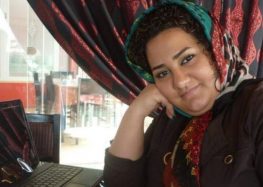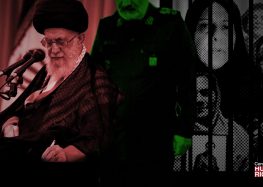Reports of Bystanders Killed by Security Forces Firing Indiscriminately at Protestors Grow
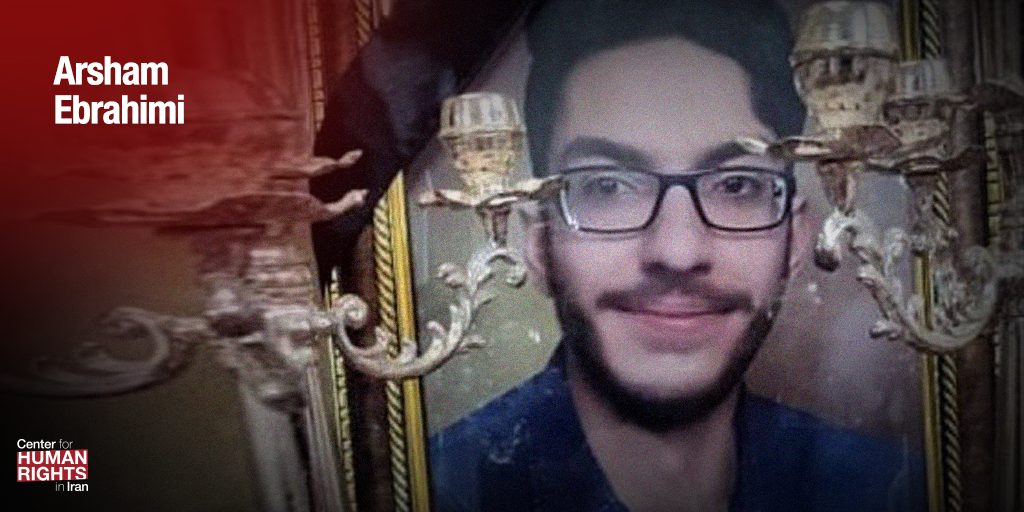 Young Man Killed by Bullet While Stuck in Traffic During Protest in Isfahan
Young Man Killed by Bullet While Stuck in Traffic During Protest in Isfahan
Reports of bystanders who were killed by security forces in Iran because they happened to be near protestors continue to mount with the lifting of the state-imposed internet shutdown and news blackout in the country.
Arsham Ebrahimi, age 21, died of a bullet wound on November 16 in the city of Isfahan, central Iran, Arsham’s uncle, Navid Ebrahimi, told the Center for Human Rights in Iran (CHRI).
The deaths of these bystanders are yet another indication of the deadly cost of the state’s brutal state repression that has surrounded the protests, which broke out across Iran on Nov 16 after the government announced a steep gas price hike. The government responded with lethal force, attacking unarmed protestors with live ammunition, killing hundreds and injuring many more.
Arsham was struck in the back, and died in a hospital, his uncle said, and had to be buried at night in the presence of security forces.
“Arsham had no part in the protests. He was working for a company that recharged fire extinguishing capsules. On the way back from work, his father asked him to buy some carrots. When he didn’t show up on time, his father called him and Arsham said he was stuck in traffic because people had set tires on fire on the street,” Navid said.
“My brother (Arsham’s father) told him to leave the car and come home. Arsham said he was afraid his car would be set on fire. His father told him the hell with car; come home. But after 7:30pm he stopped answering his phone. My brother went out and found the car but Arsham was not there. He asked around and he was told that shots had been fired in the area.
“My brother went to Gharazi Hospital, where Arsham had been admitted, but the staff did not tell him that. We don’t know if he was dead or alive at the time. We looked for the body for several days… until we were told by someone we knew inside the government that he had been hit by a bullet. The authorities were not being cooperative.”
Eventually, Navid Ebrahimi added, the city’s governor, Hossein Sistani, got involved.
“Mr. Sistani is a good man. When he saw Arsham’s [body] he started to cry. I used to work at his office. He helped us a little and we were able to get the body. But we were told we had to bury him that same night. We did it in the presence of four agents under the rain.”
“We wanted to bury him in our family plot … where our parents and martyrs had been laid to rest. But the authorities wouldn’t agree. A representative from the Intelligence Ministry was there and he told us to pursue the case through the prosecutor’s office. He said he would do some investigations and let us know of anything he found but we haven’t been given any information.”
A large group of relatives, friends and local businessmen attended Arsham’s memorial service, since his father was a respected veteran of the Iran-Iraq war and spent eight years as a prisoner of war in Iraq.
“Arsham’s father was tortured during captivity in Iraq and 50 percent of his body became disabled. He takes 30 or 40 pills a day. He’s in really bad shape. All he does is cry. Our family is devastated. It’s really hard to believe what’s happened. We fought for this country and for this regime. We sacrificed our youth… but now, what can we say? We are not happy at all with this government. [President Hassan] Rouhani’s government has not done anything. It has only said lies.
“After what has happened, we don’t know what to do. We don’t know what to say. It’s very hard to do or say anything… We will definitely file a suit and follow up this case through the judiciary. If there’s no resolution, we’ll think of something else to do. They have to tell us who killed our child and for what reason. He wasn’t bothering anyone.”
The Iranian government has yet to release any numbers on those killed, injured or arrested, even amidst mounting calls for state accountability for violence both inside Iran and internationally.

